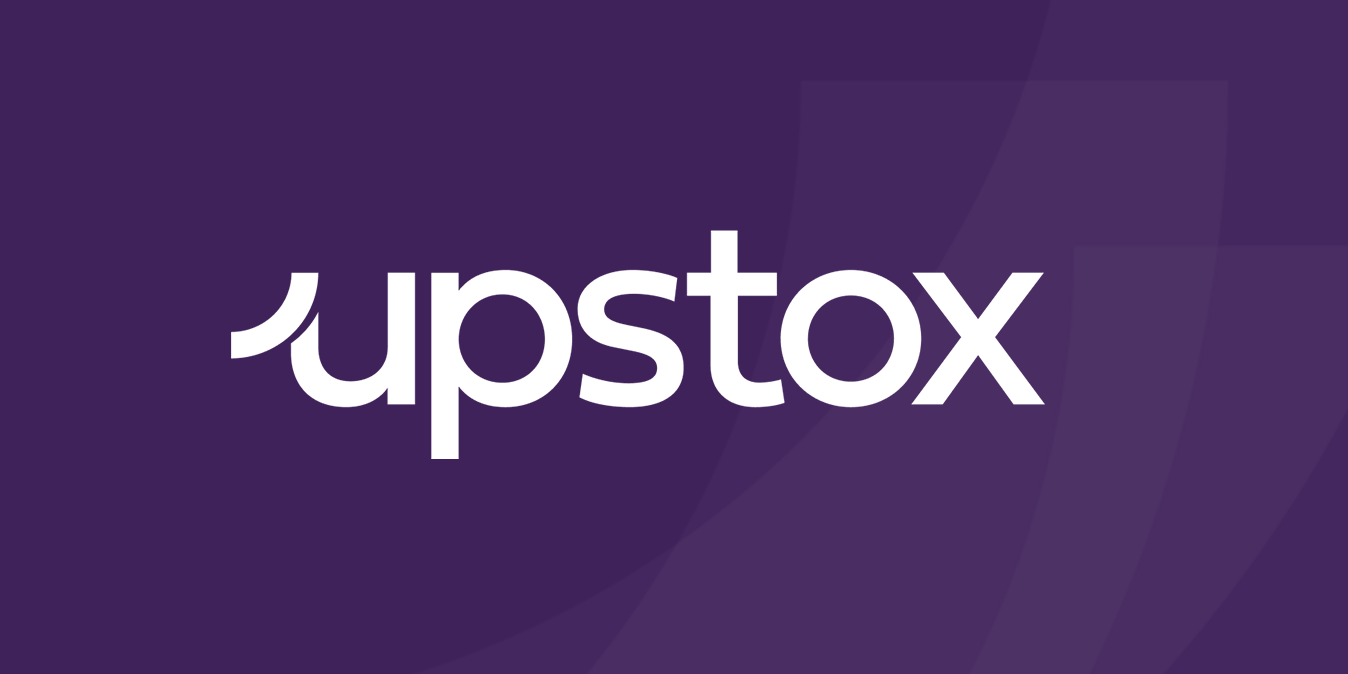What is IPO oversubscription?

Introduction
When a company decides to raise money and issues shares for the very first time to the public, it is called an initial public offering (IPO). This provides an opportunity for common investors such as you to purchase soon-to-be issued stocks.
What is IPO oversubscription?
Sometimes, demand for IPO shares is more than the supply. This is referred to as an oversubscription of the IPO. For instance, let's assume Company A has decided to issue 30 lakh shares in its IPO. However, bids were received for 1.5 crore shares. This means that the IPO has been oversubscribed five times.
An IPO oversubscription reveals the interest and eagerness among the general public about investing in the company.
Reasons behind IPO oversubscription
Generally, there are no standard reasons why a specific IPO is oversubscribed. It typically varies from one company to another. In several cases, an IPO oversubscription is due to the company's strong brand image and reputation that drives people's eagerness to invest in it.
Some recent examples of IPO stocks that were heavily oversubscribed and enjoyed excellent listing on the stock exchanges include Paras Defence and Space Technologies, HDFC Asset Management, Zomato, Astron Paper & Board Mill, Salasar Technologies, Apollo Micro Systems, Mrs Bectors, Capacite Infraprojects, Ujjivan Small Finance Bank, and Amber Enterprises.
SEBI's view on IPO oversubscription
According to guidelines issued by the Securities and Exchange Board of India (SEBI), if a specific IPO is subscribed in a retail category, the shares must be allotted in a manner that ensures every bidder has had at least one minimum lot. The remainder of the shares can be assigned on a pro-rata basis. But such a scenario can only be implemented in the event of a small oversubscription.
Suppose there is a considerable oversubscription, and every applicant is not allotted even a single lot of shares. In that case, a computer-based lucky draw is then conducted to issue one lot each. That means, if an issue is oversubscribed, not all IPO applicants may be accepted despite being valid bids. That could mean some applicants do not receive any shares, while others may not get the required quantity of shares they applied for.
What happens to your money if you applied for an oversubscribed IPO?
- As a retail individual investor
According to SEBI, if an IPO is oversubscribed in the retail investor category, shares must be allotted in a manner that ensures every retail bidder receives at least one minimum lot. The remainder shares, if any are allotted on a pro-rata basis.
So, in the event of a small IPO oversubscription, you could be allotted one lot of shares, and the remaining shares could be allotted proportionately. If the IPO oversubscription is humongous, a lucky draw allocates one lot.
For example, let’s say a company has the minimum bid lot of 70 equity shares and the quota reserved for RII in this issue is 20% or 20,00,000 shares. However, it was subscribed 40 times or 8,00,00,000 shares.
| Shares offered to retail investorsA | Minimum investmentB | Bids received fromretail investors(shares)C | Oversubscription(times)D = C/A |
| --
| --
- | --
- | --
- | --
- |
| 20,00,000 | 1 Lot (70 shares) | 8,00,00,000 | 40 |
So, the maximum number of applicants who will get at least 1 lot would be 28,571 (i.e. 20,00,000 shares/one lot of 70 shares).
So, here’s how the shares are allotted to the applicants based on the number of applications received.
| | Number ofretail applicants | Share allotment |
| --
| --
- | --
- | --
- |
| Case 1 | 20,000 | At least one to every applicant and the balance allotted on a pro-rata basis depending on the number of lots each bidder has applied for. |
| Case 2 | 9,00,000 | Allotted using a lottery system where many applicants may not receive any share |
Once the shares are allotted, any amount blocked on an unsuccessful IPO bid will be automatically unblocked. However, this could take a couple of business days. It's important to know that the blocked money will not earn any interest or return for you from the company issuing the IPO. It will continue to earn a nominal interest rate from the bank. If the amount allotted for the IPO continues to stay blocked even after the IPO process has completed, you should raise the request with your bank to unblock the amount.
- As a Non-Institutional Bidder
If you are an individual investor, NRI, company or trust who has placed a bid for more than ₹2 lakh —also known as Non-Institutional Bidders* *[NII/NIB]—your allotment will be proportionate.
For instance, if the IPO has been subscribed 100 times in the NII category, and you've applied for 100 shares, you will receive one share.
- As a Qualified Institutional Buyer
Financial houses such as banks, insurance companies and mutual fund houses registered with SEBI are Qualified Institutional Buyers [QIBs]. These institutions apply in very high quantities, and usually, 50% of the offer size is reserved for this category. SEBI has mandated that QIBs cannot withdraw their bids after the IPO closes and are also not eligible to bid at the cut-off price.
Conclusion
An IPO oversubscription shows a high interest in the shares of the company. Investment bankers managing the offer would review applications and determine the allotment of shares to ensure wider ownership. An IPO oversubscription could be a lead indicator for determining the success of a public offer.